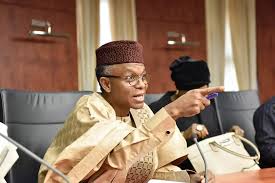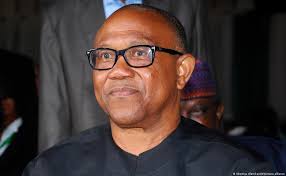
On Saturday, August 30, 2025, a political gathering organized by the African Democratic Congress (ADC) coalition in Kaduna descended into chaos when armed thugs stormed the venue, injuring several attendees and vandalizing property. The meeting, held at the Conference Hall of NUT Endwell in Mogadishu Layout, was reportedly convened under the leadership of former Kaduna State Governor, Nasir El-Rufai. The violence has raised serious questions about the motivations behind such actions and the implications for the state’s political climate.
Why Would El-Rufai Resort to Violence?
If the allegations are accurate, one might wonder: why would a seasoned politician like El-Rufai resort to such extreme measures?
Political Rivalry: The ADC coalition included members from various opposition parties, such as the Social Democratic Party (SDP), New Nigeria Peoples Party (NNPP), and Labour Party (LP). Disrupting their meeting could be seen as an attempt to weaken opposition unity ahead of future elections.
Undermining Opposition: By creating chaos, El-Rufai could aim to discredit the ADC coalition and its leadership, portraying them as incapable of maintaining order and legitimacy.
Demonstrating Power: Such an act might be intended to send a message about the reach and influence of his political faction, deterring others from opposing him.
The Bigger Picture: What This Says About Nigerian Politics
If the allegation is true, it underscores the troubling trend of political violence in Nigeria. The use of thugs to disrupt peaceful gatherings not only violates democratic principles but also erodes public trust in the political process. Such incidents can deter citizens from participating in political activities, fearing for their safety and well-being.
The Need for Accountability
Regardless of political affiliation, any act of violence must be condemned. The Nigerian Police have launched an investigation into the incident, and it is imperative that the findings are transparent and justice is served. If El-Rufai or any other individual is found culpable, they should face the full weight of the law.
The events in Kaduna serve as a stark reminder of the challenges facing Nigeria’s democracy. It is crucial for all stakeholders—politicians, security agencies, and citizens—to uphold the rule of law and ensure that political differences are settled through dialogue and peaceful means, not violence. Only then can the country hope to achieve a truly democratic and peaceful society.




